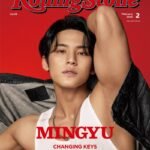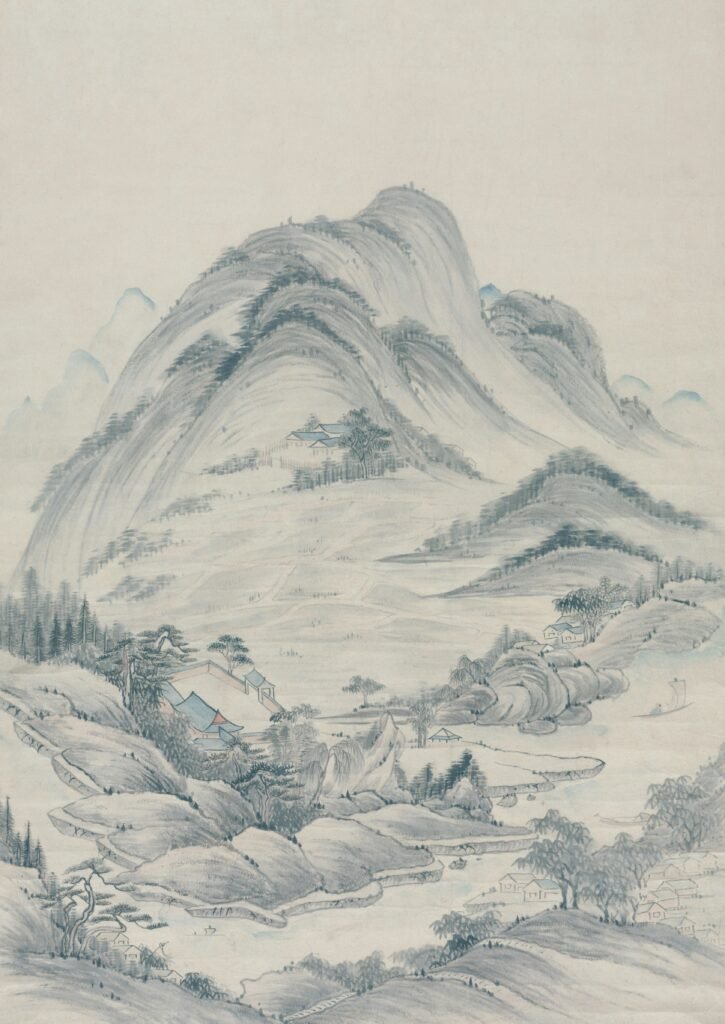Female baseball fans at Jamsil Baseball Stadium in Seoul on July 12, 2024 (File photo by Hyung-taek Lim)
South Korea’s professional baseball league enjoyed a record-high attendance of more than 10 million this year thanks to the growing number of female away fans in their 20s, credit card data showed on Thursday.
The number of away fans, supporters of opposing teams, jumped 43.5% this season from a year earlier, according to South Korean credit card issuer BC Card Co.’s analysis of user spending in five cities outside of the Seoul metropolitan area with baseball parks. The number of fans of home teams grew 18.3% during the period.
Among way fans, those in their 20s jumped 76.2%, more than double the 38% of supporters in their 30s. Twenty-something female supporters of opposing teams soared 96.4%, while men in the age group rose 60.4%.
The Kia Tigers enjoyed an 85.1% increase in the number of opposing team fans visiting its baseball field as the team, wholly owned by the country’s No. 2 automaker Kia Corp., took first place in the regular season this year.
The Samsung Lions, the No. 2 club in this season, saw 51.2% growth in the number of those fans.
BOOSTING NEARBY BUSINESSES
Such growth in away fans boosted businesses such as shops and restaurants around baseball parks in the cities.
Their sales from away fans surged 57.1%, while their revenues from supporters of home teams rose 19.8%.
Kia Tigers infielder Kim Do-yeong (File photo by News1)
Gwangju, home to the Tigers, reported a 113.7% jump followed by Daegu, home to the Lions, with a 52.2% increase.
Sales from opposing team fans in their 20s soared 109.3% with revenues from women among them skyrocketing 124.7% and those from men up 97.3%.
By Mi-Hyun Jo
mwise@hankyung.com
Jongwoo Cheon edited this aricle.












